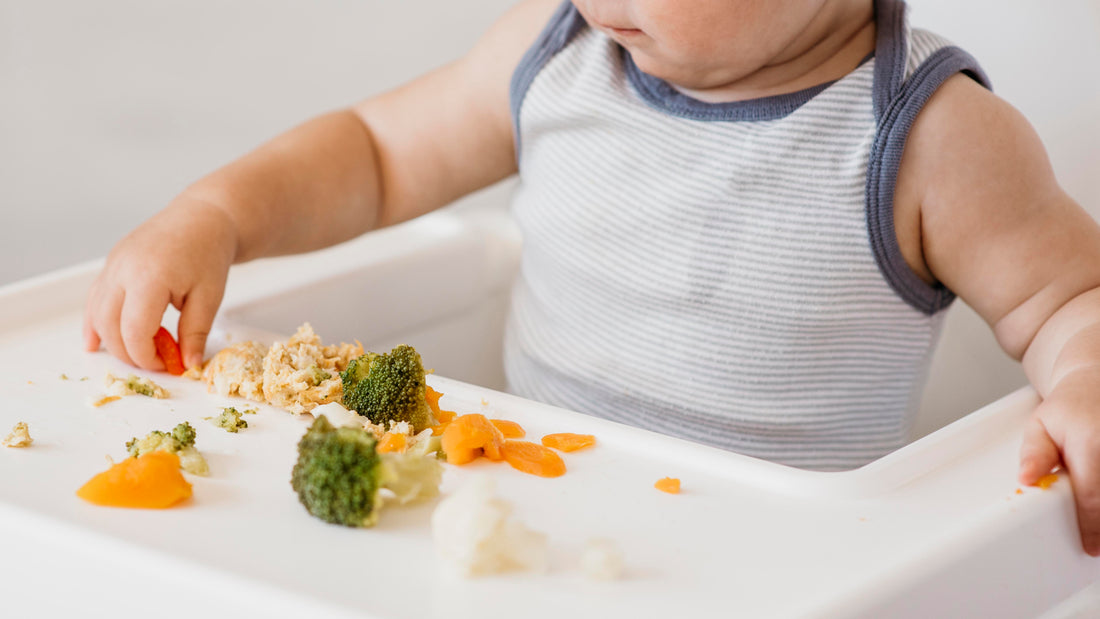«No, not broccoli!».
An aversion that has chemical bases, linked to the oral microbiome of the parents . If getting your child to eat broccoli is impossible, genetics may be to blame. A group of researchers has discovered that the origin of the disgust for cruciferous vegetables – the family of green leafy vegetables which also includes cabbage, cauliflower, Brussels sprouts, cabbage, rocket and radishes – lies in mouth bacteria which, combined with the enzymes of the vegetables, produce an unpleasant and sulphurous smell.

The microbiome is transmissible to children and the salivary flora is inherited genetically . A mother, however, does not even stop in front of the biological heritage and resorts to any means to make a healthy food such as broccoli attractive . One tip is to avoid boiling it when the child is at home, another is to offer it to him the next day, so that the little one does not bring back that strong smell to the vegetables and refuse them.
Broccoli can be proposed from the ninth month, when the digestive system of the newborn is more efficient; in fact, this vegetable could be not easy to digest and cause flatulence and gas in the tummy, with the risk of possible colic.
It is ideal during self-weaning , thanks to its easily graspable shape and soft texture.
It lends itself to many recipes , in mashed potatoes, boiled with oil and lemon or yogurt sauce, au gratin with breadcrumbs and baked Parmesan, in ricotta croquettes or meatballs; it becomes a soup, a savory biscuit, a quiche with cheese, a soup or a pan to be combined with fish or rice...
Children primarily follow the behavioral example; the food education imparted by the parents is essential for consolidating eating habits and, why not, also the fact of having eaten a lot of broccoli during pregnancy.
What counts are the priorities established , the time spent in the kitchen, the cooking skill. Tasting encouragement is better than forcing it ; the food selection by the child must be welcomed with kindness and holy patience; phrases such as «eat broccoli, it's good for you» or «if you don't eat broccoli, nothing sweet!» they don't help the approach, which should rather be introduced by an amusing story , which makes us appear in the eyes of our children as starred chefs and makes them, the little ones, less demanding judges.
Taken from Born Mom | by Gloria Cardano



